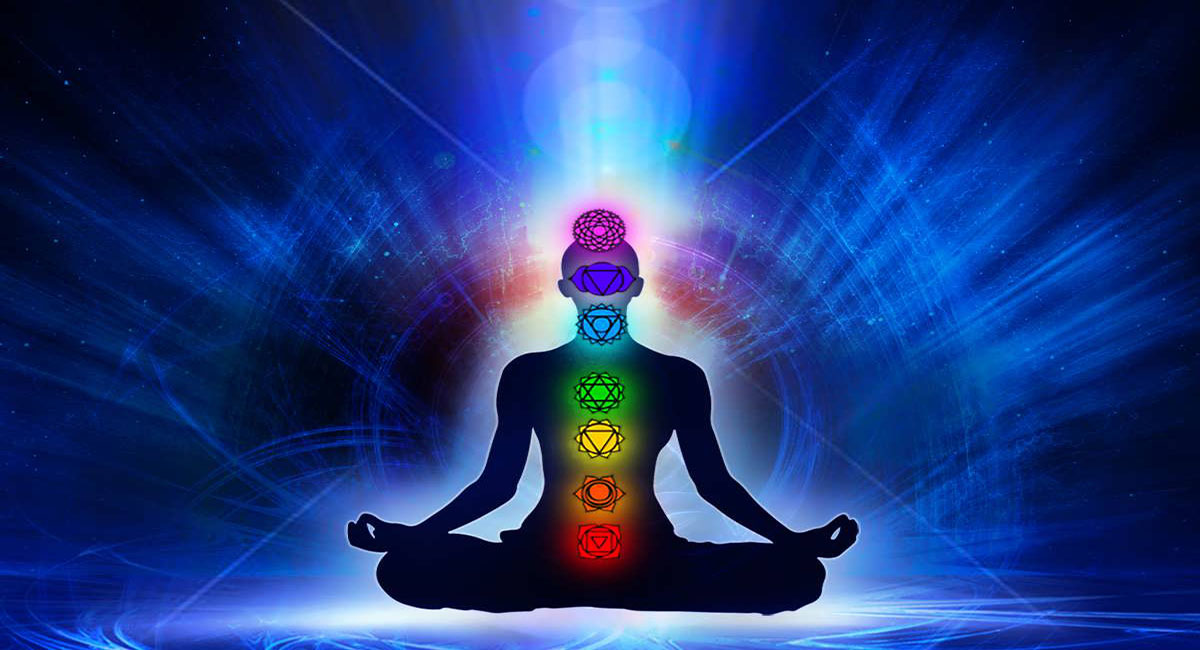December 28, 2019 By geoscientificvastu
The concept is found in the early traditions of Hinduism.Beliefs differ between the Indian religions, with many Buddhist texts consistently mentioning five chakras, while Hindu sources offer six or even seven.
They are believed to be embedded within the actual physical body, whilst originating within the context of mental and spiritual fields.
Or, in modern interpretations, complexes of electromagnetic variety, the precise degree and variety of which directly arise from a synthetic average of all positive and negative so-called “fields”, thus eventuating the complex Nadi. Within kundalini yoga, the techniques of breath exercises, visualizations, mudras, bandhas, kriyas, and mantras are focused on transmuting subtle energy through chakras.
The important chakras are stated in Hindu and Buddhist texts to be arranged in a column along the spinal cord, from its base to the top of the head, connected by vertical channels.The tantric traditions sought to master them, awaken and energize them through various breathing exercises or with assistance of a teacher.
These chakras were also symbolically mapped to specific human physiological capacity, seed syllables (bija), sounds, subtle elements (tanmatra), in some cases deities, colors and other motifs.







 Total views : 27934
Total views : 27934 Who's Online : 0
Who's Online : 0